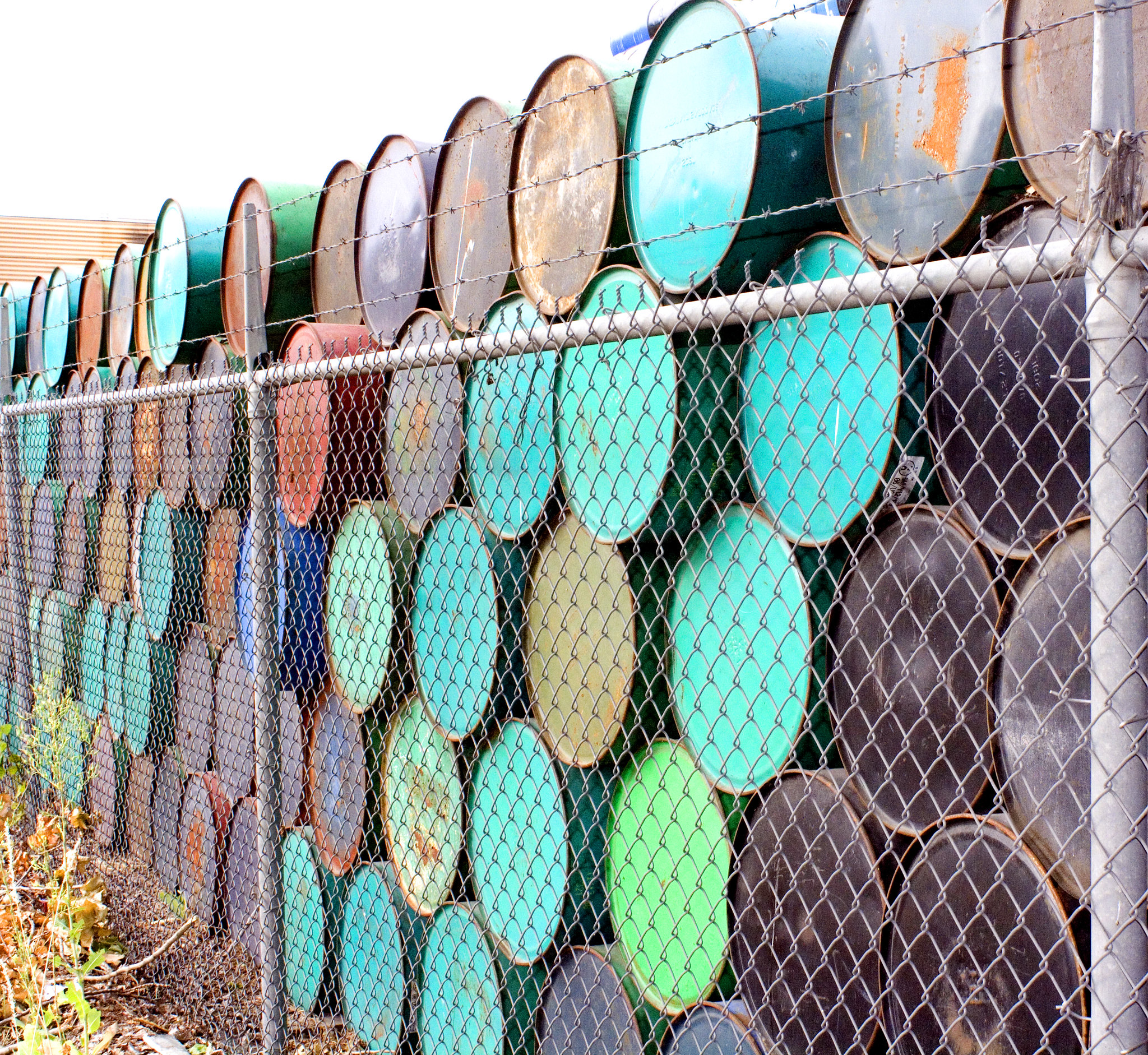The threat of a potential ban on Russian oil imports has investors worrying about the negative impact on economic growth.
Top Stories
- Kamala Harris May Only Be One Election Away From President, But She Has An Achilles Heel July 23, 2024
- ‘This Is Crazy’: Fox News’ MacCallum Confronts Dem Rep Eric Swalwell On Biden’s Sudden Disappearance July 22, 2024
- Psaki Questions Harris Path To Replace Biden As Dem Nominee July 21, 2024
- Pro-CCP Billionaire To Benefit From $208 Million Biden Admin Grant July 23, 2024
- ‘No Two Sides To Treason’: MSNBC Legal Analyst Urges Media To Attack Trump And Take It Easy On Harris July 22, 2024
Top Videos
Get curated news content to your inbox
March 7, 2022 3:15 pm - Biden Administration, Energy Prices, Inflation, Oil, Politics & Policy, World
5 min. read
Markets Slip as Oil Hits $130 a Barrel

Ben Alexander, CC by SA-2.0
